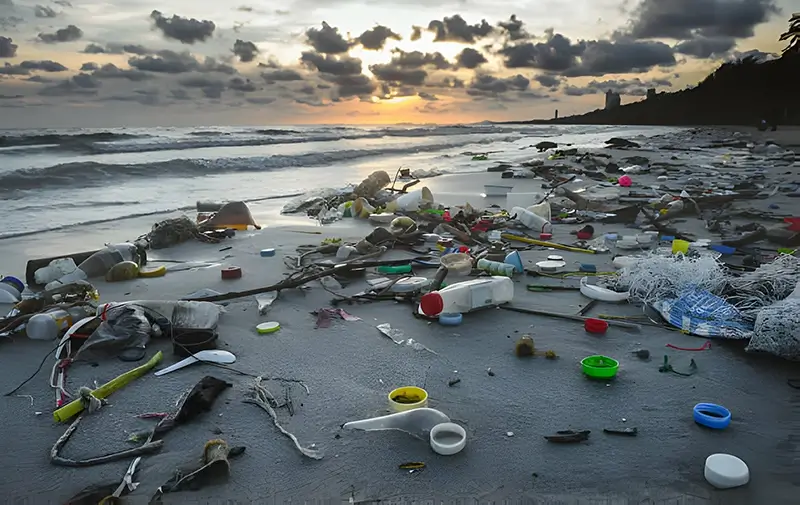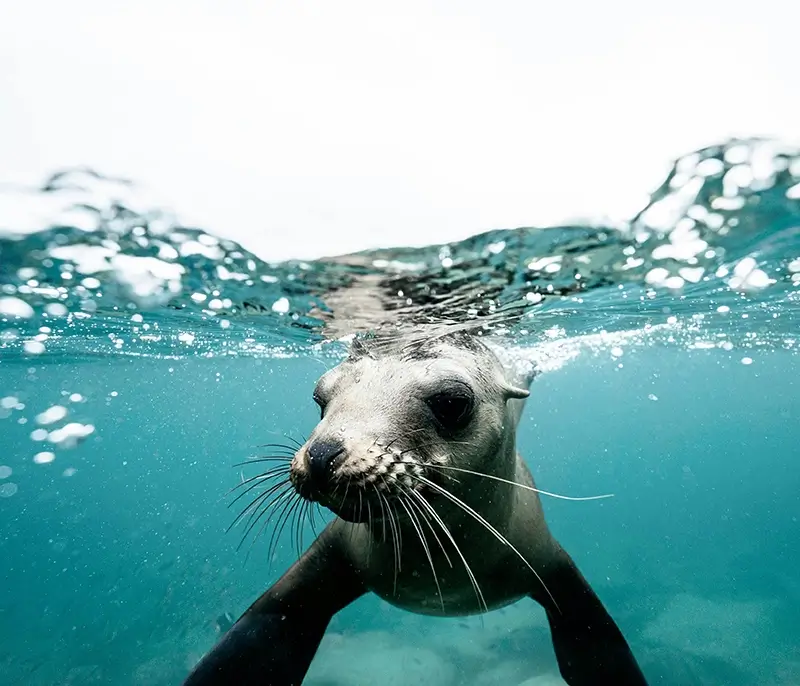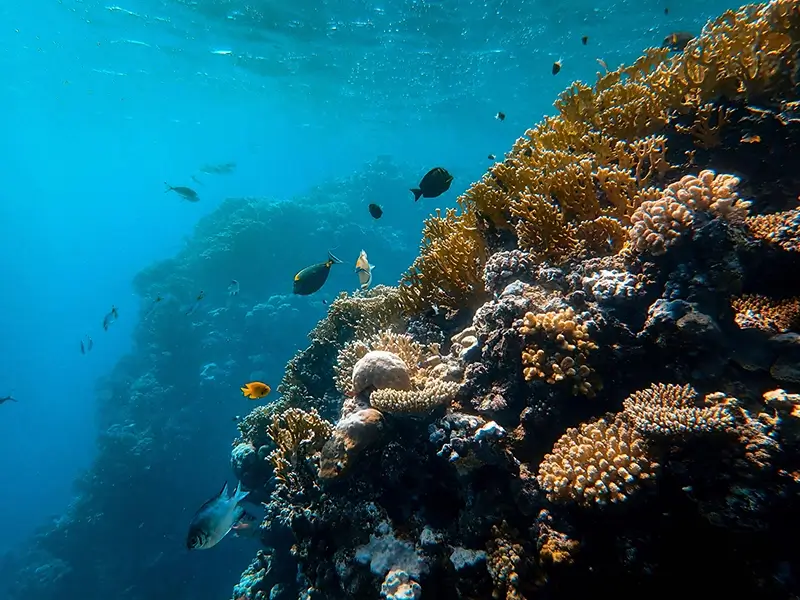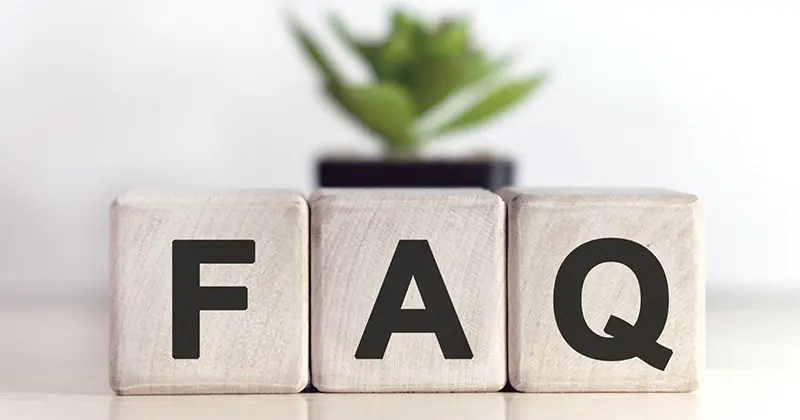Introduction
diving for conservationDiving is not just a recreational activity; it can also be a powerful tool for conservation. As divers, we have the unique opportunity to explore the breathtaking beauty of marine ecosystems firsthand. However, with this privilege comes the responsibility to protect and preserve these fragile environments. In this article, we will delve into the importance of diving for conservation and discuss various ways in which divers can contribute to the preservation of marine ecosystems.
The Significance of Marine Ecosystems
Marine ecosystems are vital for the health of our planet. They provide a habitat for a diverse array of marine species, support the livelihoods of coastal communities, and play a crucial role in regulating the Earth’s climate. Unfortunately, these ecosystems are facing numerous threats, including pollution, overfishing, habitat destruction, and climate change. The decline of marine ecosystems not only affects marine life but also has far-reaching consequences for human well-being.
The Role of Divers in Conservation
Divers have a unique advantage when it comes to marine conservation. By immersing themselves in the underwater world, they can witness firsthand the beauty and vulnerability of marine ecosystems. This firsthand experience can inspire a deep sense of connection and responsibility towards these environments. Divers can play a crucial role in conservation efforts in the following ways:
1. Citizen Science
Divers can contribute to scientific research and data collection through citizen science initiatives. These initiatives involve divers collecting data on marine species, coral health, water quality, and other important parameters. By participating in such programs, divers can provide valuable information to scientists and researchers, helping them better understand and manage marine ecosystems.
2. Reef Restoration
Coral reefs, often referred to as the “rainforests of the sea,” are among the most biodiverse and productive ecosystems on the planet. Unfortunately, coral reefs are under threat from climate change, pollution, and destructive fishing practices. Divers can get involved in reef restoration projects by assisting in coral planting, monitoring reef health, and removing invasive species. These efforts can help restore damaged reefs and promote their long-term survival.
3. Marine Debris Cleanup
Marine debris, including plastic waste, poses a significant threat to marine life. Divers can actively participate in marine debris cleanup initiatives by organizing or joining underwater cleanup dives. By removing debris from the ocean, divers help protect marine species from entanglement and ingestion, as well as prevent further pollution of marine ecosystems.
4. Education and Awareness
Divers can use their experiences and knowledge to educate others about the importance of marine conservation. By sharing their stories, photographs, and videos, divers can raise awareness about the beauty and fragility of marine ecosystems. They can also advocate for sustainable diving practices and encourage others to take action to protect the oceans.
Best Practices for Diving Conservation
In addition to actively participating in conservation efforts, divers can adopt certain best practices to minimize their impact on marine ecosystems:
- Responsible Diving: Practice responsible diving techniques, such as maintaining proper buoyancy control, avoiding contact with marine life and delicate coral formations, and using reef-friendly sunscreen.
- Sustainable Dive Operators: Choose dive operators that prioritize sustainable practices, such as following responsible diving guidelines, supporting local conservation initiatives, and promoting environmental awareness among their clients.
- Reduce, Reuse, Recycle: Minimize your use of single-use plastics and opt for reusable alternatives. Properly dispose of any waste generated during your dive and participate in recycling programs whenever possible.
- Support Marine Protected Areas: Dive in designated marine protected areas and respect the rules and regulations set in place to protect these areas. These protected areas serve as important sanctuaries for marine life and contribute to the overall health of marine ecosystems.
- Continued Education: Stay informed about the latest research and conservation efforts related to marine ecosystems. Attend workshops, seminars, and conferences to expand your knowledge and understanding of marine conservation issues.
Frequently Asked Questions (FAQ)
- Q: Can I participate in conservation efforts even if I am not an experienced diver?
- A: Yes, even novice divers can contribute to conservation efforts. There are many initiatives and programs that cater to divers of all skill levels. You can start by joining organized cleanup dives or participating in citizen science projects that require minimal diving experience.Learn more.
- Q: How can I find citizen science initiatives or reef restoration projects to get involved in?
- A: There are numerous organizations and websites that provide information on citizen science initiatives and reef restoration projects. Research online, reach out to local dive shops, or connect with marine conservation organizations to find opportunities in your area.
- Q: What can I do to minimize my impact on marine ecosystems during my dives?
- A: Practice responsible diving techniques, respect marine life and their habitats, and follow guidelines for sustainable diving. Be mindfulof your buoyancy control to avoid damaging coral or stirring up sediment. Avoid touching or chasing marine life, as this can cause stress or harm to the animals. Use reef-friendly sunscreen to prevent the introduction of harmful chemicals into the water.
- Q: How can I raise awareness about marine conservation as a diver?
- A: Share your experiences and knowledge through social media, blogs, or by giving presentations to local dive clubs or schools. Use your underwater photography or videography skills to capture the beauty of marine ecosystems and the threats they face. Engage in conversations with fellow divers and encourage them to adopt sustainable diving practices.
- Q: Are there any certifications or courses available for divers interested in marine conservation?
- A: Yes, there are specialty courses and certifications available that focus on marine conservation. These courses provide divers with a deeper understanding of marine ecosystems, conservation issues, and how to actively contribute to conservation efforts. Look for courses such as the PADI Project AWARE Specialty or the Reef Check EcoDiver certification.
Conclusion
Diving for conservation is not just a way to enjoy the beauty of marine ecosystems; it is a responsibility we have as divers to protect and preserve these fragile environments. By actively participating in citizen science initiatives, reef restoration projects, and marine debris cleanup efforts, divers can make a significant impact on the health and longevity of marine ecosystems. Through education and awareness, we can inspire others to join us in our mission to protect and conserve the oceans. Let us dive with purpose and become ambassadors for the preservation of marine ecosystems, ensuring that future generations can also experience the wonders of the underwater world.
Remember, every dive is an opportunity to make a difference. Let’s dive for conservation and protect our precious marine ecosystems.








